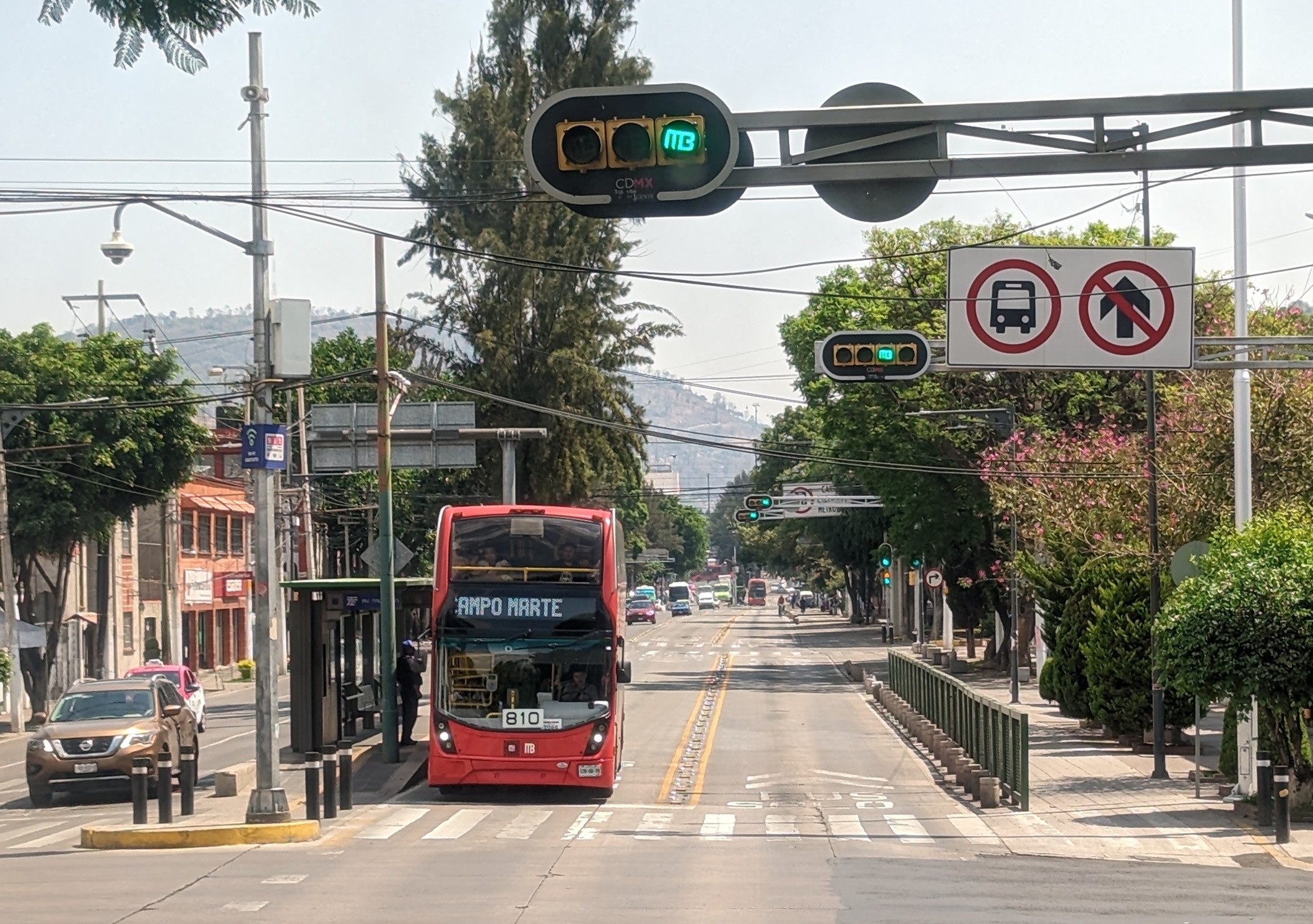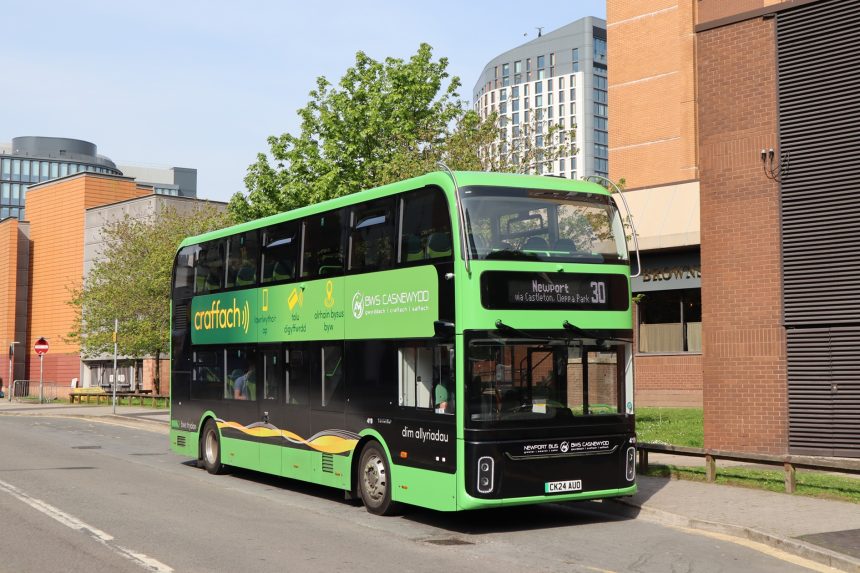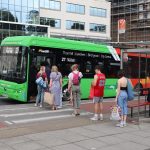Vision and leadership – including from within the bus industry – will be imperative for the mode to enjoy a future golden age as a tool to combat climate change and assist delivery of the UK’s 2050 net-zero policy target, former Stagecoach Managing Director – UK Bus Robert Montgomery has said.
He was speaking in a report published by his busreinvented.com consultancy, Riding the Bus to Net Zero. Mr Montgomery calls for a wider long-term structural revolution in urban transport policy if the net-zero objective is to be met, something that will require a “real level of step change from the bus industry.”
The fundamental culture shift that is necessary for net-zero to be reached by 2050 will either require people to travel less, or to travel much more sustainably, he continues. “The best way to deliver that change is through a combination of active travel by foot or bike, or collective travel by mass transit, predominantly bus,” Mr Montgomery says.
That means that established urban mobility playbook must be discarded and rewritten “around boots, bikes and buses,” evolution that he claims is already being delivered in some global cities.
He says that as part of that, there is scope for buses to play a bigger role in society beyond 2050 than they did 100 years before, and hence there is a need “to be scanning the far horizon now and sowing seeds of change” for future success.
Mr Montgomery is a further industry figure to observe that a straightforward shift of the bus fleet to zero-emission is not nearly enough to transform the mode’s role over coming years. He says that there is “a wide range of activity” required alongside that transition.

In another criticism of franchising, Mr Montgomery says the industry and its stakeholders “should not be spending time and energy implementing a retro 1980s governance model for yesterday’s buses, but [should instead] be focused on designing a new age of the bus for 2030 and beyond.”
The sector’s current position means the transformation advocated in the report “looks unimaginable” at present, with members lacking the time and resource to explore the long-term. He wants to see a comprehensive plan developed addressing seven areas:
- Alliance building
- Engagement of marketing, promotion and pricing
- Fostering of an innovative and responsible competitive dynamic
- Investment in product
- Investment of financial and political capital in bus priority and car restraint
- Investment in infrastructure
- Work to deliver an abundant supply of professional and engaged front line staff.
The results of those measures are summed up by Mr Montgomery into frequency, speed, proximity, quality, style, simplicity and reliability, backed up by long-term stable, sustainable investment. Among the step changes he advocates are the deployment of:
- Radically extended network provision, including extensive interurban routes
- A UK-wide seamless contactless ticketing experience and group friendly pricing
- Dynamic retailing
- Autonomous bus rapid transit applications.
Delivering those and others “will be an enormous challenge,” but Mr Montgomery says that if net-zero both requires a large reduction in car use, and is mandatory in its achievement, there can be no better plan on the table than one based around bus.
Read the full busreinvented.com report here.



























